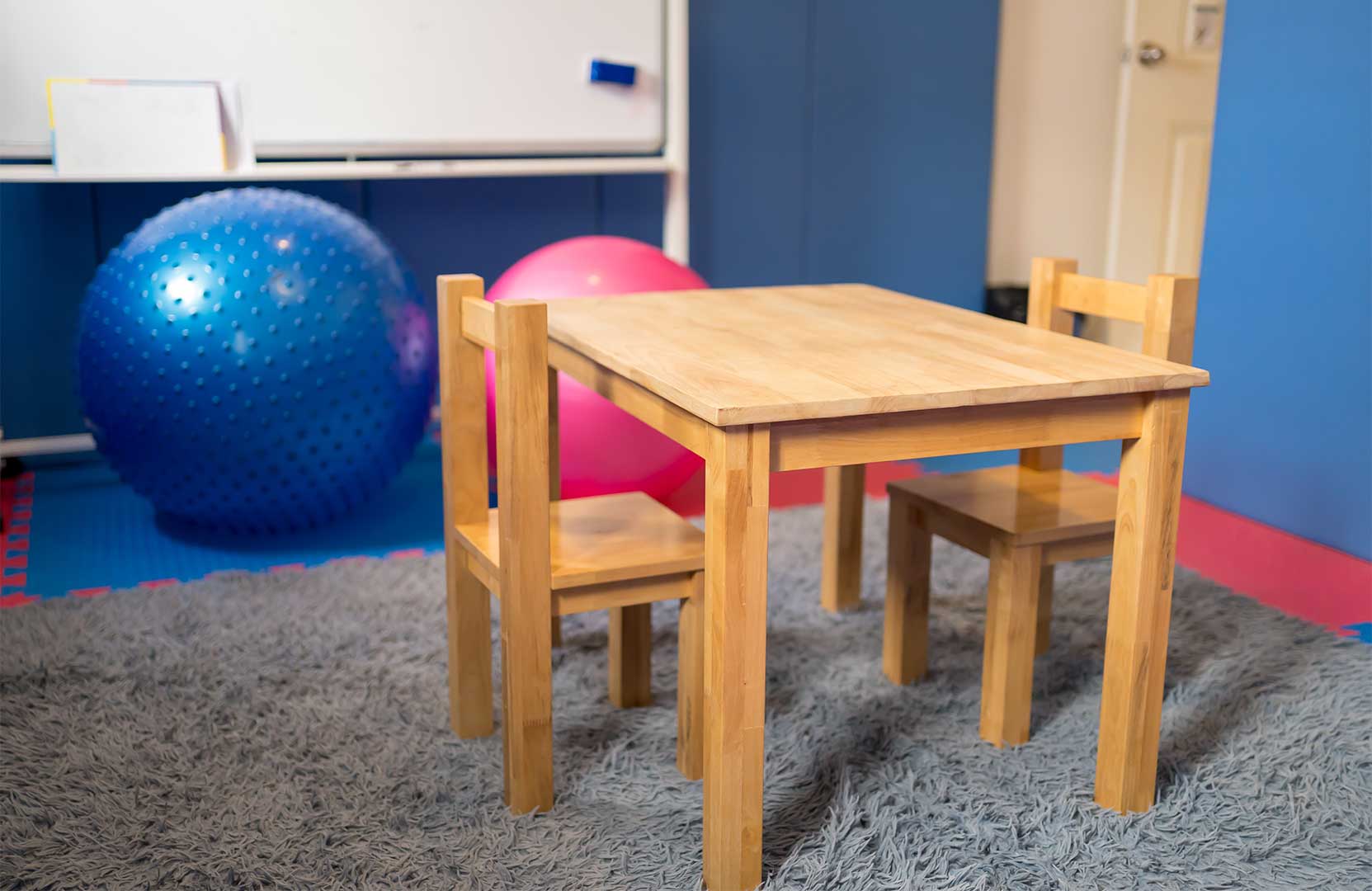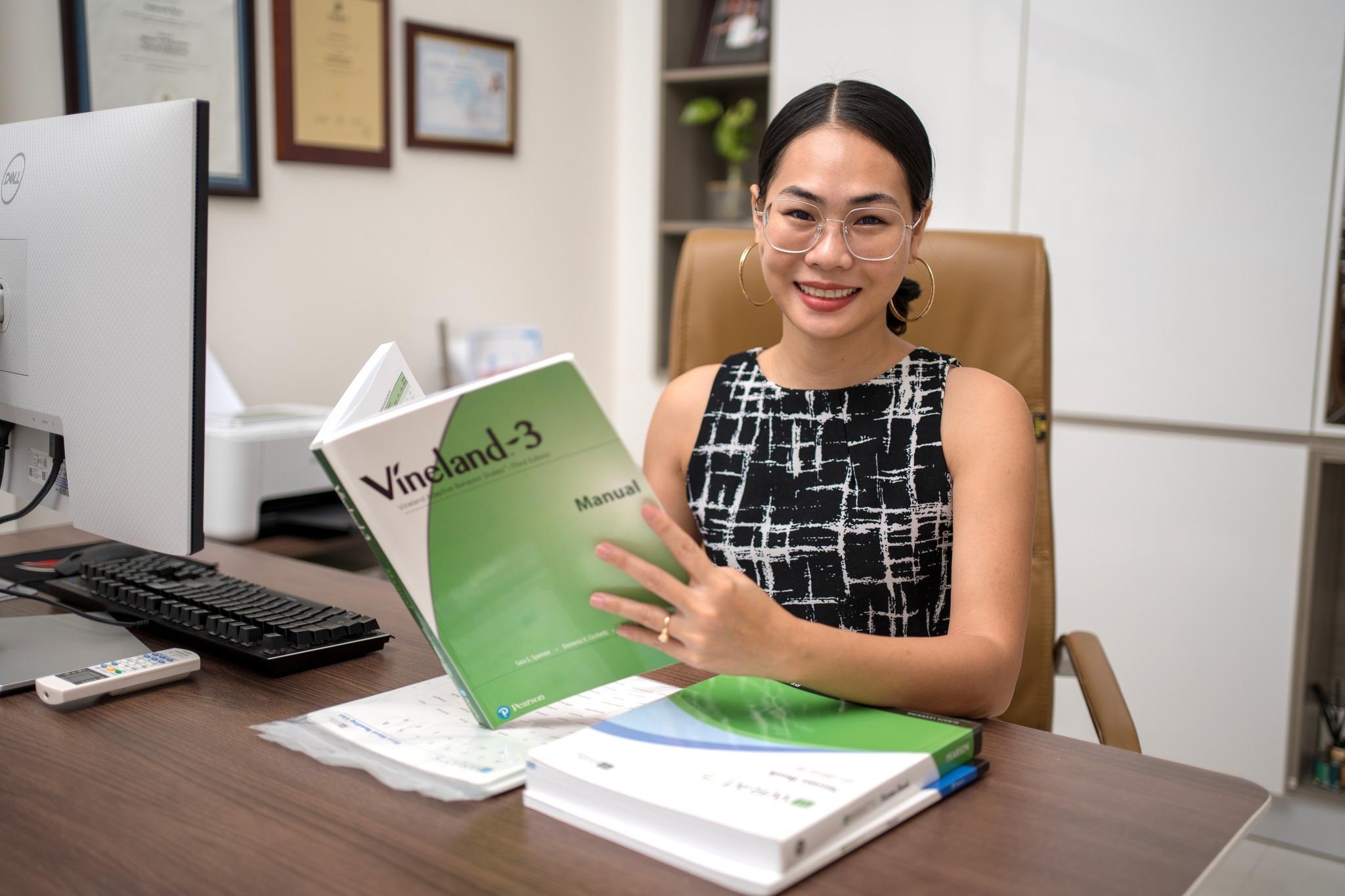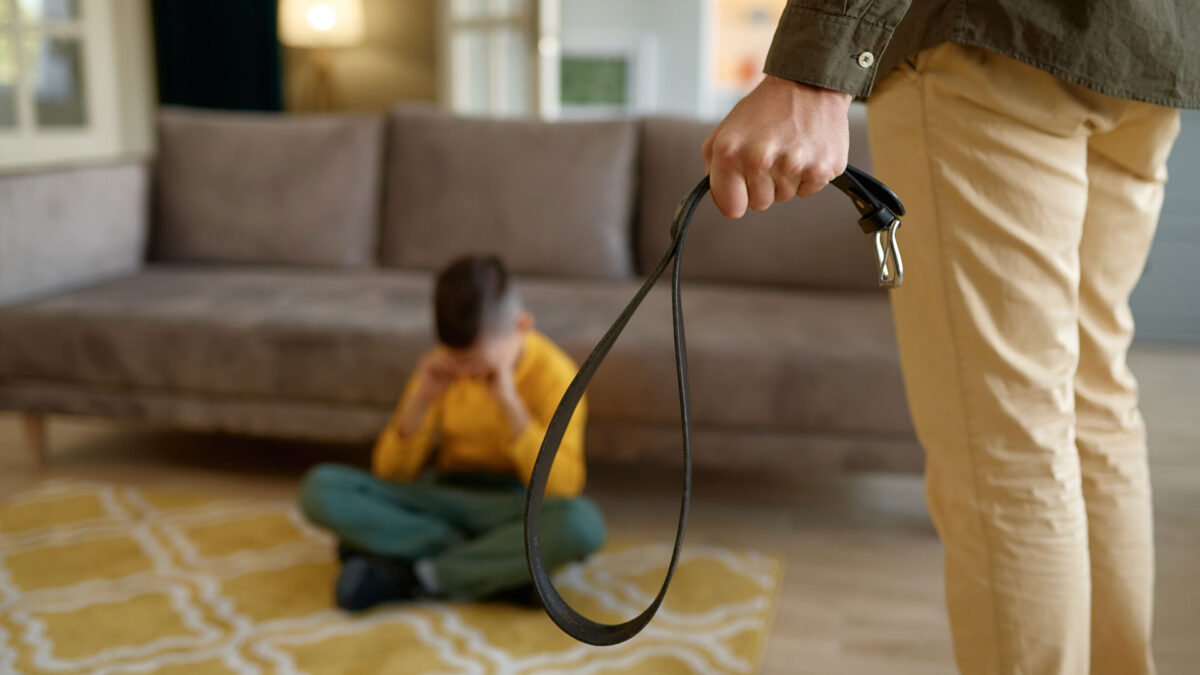Behavior management is an important part of creating a positive and productive learning environment for all students, but it is especially important in the special education classroom. Students with special needs may have difficulty with behavior for a variety of reasons, such as communication challenges, sensory issues, or learning disabilities.
Effective behavior management strategies for the special education classroom should be positive, proactive, and individualized. They should also be consistent and implemented with the support of all staff members.
Here are some specific behavior management strategies that can be effective in the special education classroom:
1. Build positive relationships with students.
One of the most important things you can do to manage behavior effectively is to build positive relationships with your students. Get to know each student individually and learn what motivates them. When students feel respected and cared for, they are more likely to be cooperative and engaged.
2. Establish clear expectations.
Students need to know what is expected of them in the classroom. At the beginning of the year, take some time to review the classroom rules and routines with your students. Make sure that the rules are clear, concise, and easy to understand.
It is also important to be consistent with enforcing the rules. When a student breaks a rule, follow through with the consequences that you have established.
3. Use positive reinforcement.
Positive reinforcement is one of the most effective ways to manage behavior. When students are caught doing something good, praise them specifically. You can also use tangible rewards, such as stickers, tokens, or special privileges.
4. Provide structure and routine.
Students with special needs often thrive on structure and routine. Create a daily schedule for your classroom and stick to it as much as possible. This will help students to know what to expect and to feel safe and secure.
5. Use visual supports.
Visual supports can be very helpful for students with special needs. For example, you can use picture cards to show students what is expected of them in a given situation. You can also use visual schedules to help students to understand the daily routine.
6. Communicate with parents and other staff members.
It is important to communicate with parents and other staff members about the student’s behavior management plan. This will help to ensure that everyone is on the same page and that the student is receiving consistent support.
7. Conduct a functional behavior assessment (FBA)
If a student is exhibiting challenging behaviors, it may be helpful to conduct a functional behavior assessment (FBA). An FBA is a process of gathering information to understand the function of the student’s behavior. Once you understand the function of the behavior, you can develop a behavior intervention plan (BIP) to address it.
8. Implement a behavior intervention plan (BIP)
A behavior intervention plan (BIP) is a document that outlines the student’s challenging behavior, the function of the behavior, and the strategies that will be used to address it. The BIP should be developed in collaboration with the student, parents, and other staff members.
It is important to monitor the student’s progress and make adjustments to the BIP as needed.
Behavior management is an essential part of teaching in the special education classroom. By using effective behavior management strategies, you can create a positive and productive learning environment for all students.
Find out if your child needs extra support today!
- My child screams hysterically
- My child is mean to other children
- My child is always worried
- My child is scared to go to school
- My child is scared of loud noises
- My child doesn’t know how to read
- My child is scared to play outside
- My child does not respond to his name
- My child always gets in trouble
- My child fights with other children
- My child doesn’t know how to count
If you are concerned about your child’s development, contact us for Assessments: Phone/Telegram: 077.455.993 – Telegram Link: https://t.me/OrbRom
If you are concerned about your child’s development, contact us for Assessments.
Phone/Telegram: 077.455.993 Link: https://t.me/OrbRom






Leave A Comment